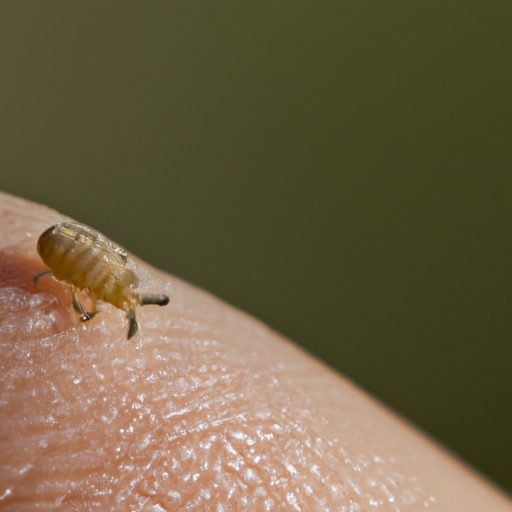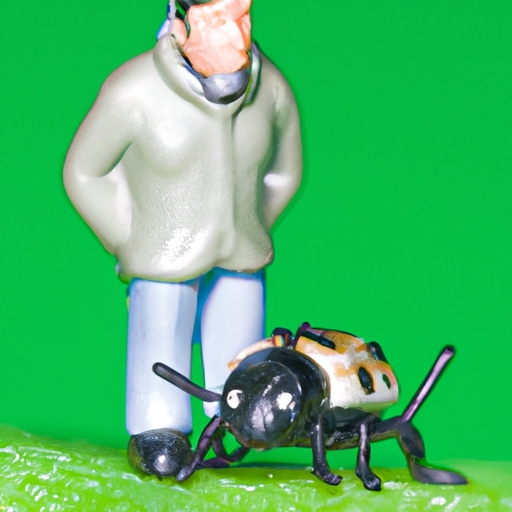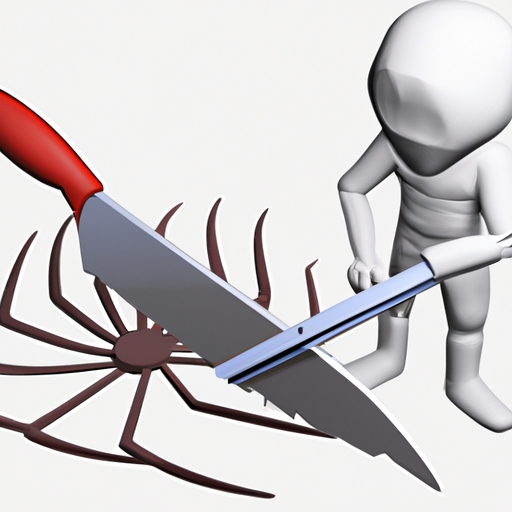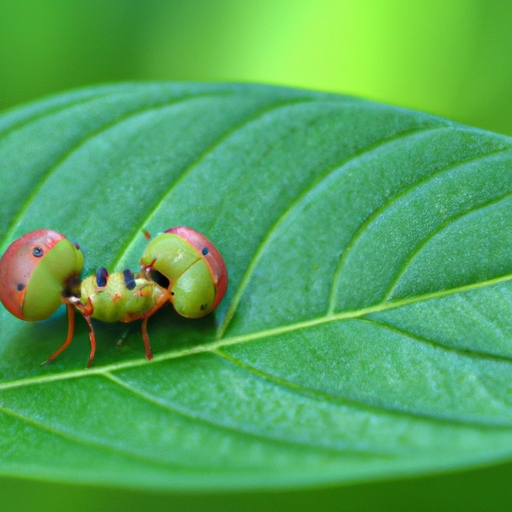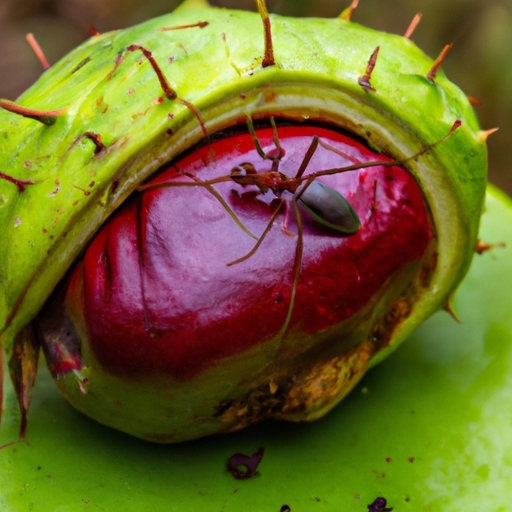Organic Pest Control
effective natural pest control
Organic pest control is a popular option for managing pests in an environmentally friendly manner! It can help reduce the amount of synthetic chemicals used, and has many other benefits. Firstly, organic pest control utilises natural ingredients (such as neem oil) to prevent pests from infesting plants or crops. This means that no potentially harmful substances are being released into the environment, making it safer for people and wildlife alike.
Organic Pest Control - natural pest control
- control natural pest
- natural pest control
- chemical-free pest control
Moreover, organic pest control does not cause any long-term damage to the environment as opposed to chemical-based treatments which can leave residues on soil and water sources. Furthermore, with repeated use of organic solutions, there is less risk of overpopulation of certain pests due to their immunity against certain substances - this helps keep populations balanced naturally! In addition, these products often come in concentrate forms so they can last longer and be used multiple times before needing replacement.
Overall, organic pest control offers many advantages when compared with traditional methods - it's better for the environment while also being cost-effective and relatively simple! Plus, its usage ensures fewer potentially harmful chemicals are released into our environment - something everyone should strive for!
 Organic Pest Control
Organic Pest Control
